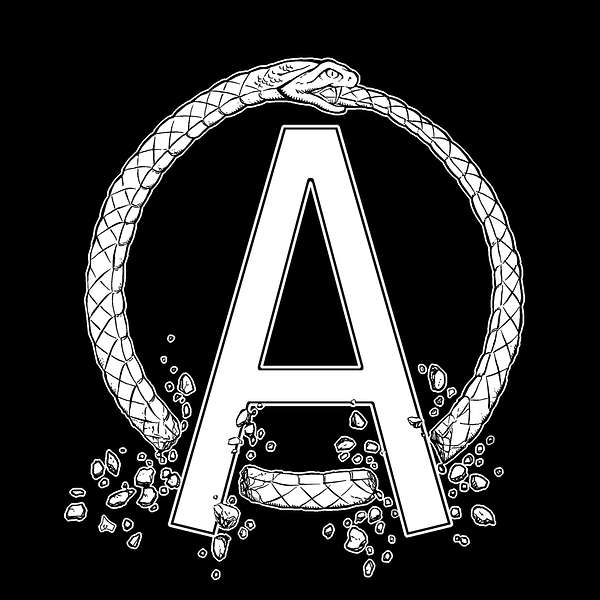
The Exploring Antinatalism Podcast
The Exploring Antinatalism Podcast
Tarkovsky's Black Dog and the Big White Button
Watch the video version HERE!: https://www.youtube.com/watch?v=gIDmD8NSx7g
STALKER
Andrei Tarkovsky 1979
https://www.youtube.com/watch?v=Q3hBLv-HLEc | FULL MOVIE | Directed by An...
_____________________________________________________
FAQ ABOUT THE VIDEO
_____________________________________________________
1. Is the “Big White Button” actually in Tarkovsky’s Stalker?
No. It’s my own thought experiment — a conceptual device that simplifies and sharpens the moral problem at the heart of Stalker. The Room in the film is ambiguous, mysterious, possibly dangerous. The Big White Button strips away that ambiguity: it gives you exactly what you truly desire, but only if that desire is genuine happiness for all, achieved through everyone’s voluntary choices. If that’s not your deepest desire… the button won’t work.
_____________________________________________________
2. Why do you present the Black Dog as female?
Because in this framework, she forms a triad with The Wife and The Child — three figures who remain behind while the men go into the Zone. They embody a kind of grounded, enduring presence that contrasts with the abstract, moral-intellectual struggle of the Zone. There’s no indication in the film about the dog’s gender, but imagining her as female enriches the symmetry — and opens a symbolic space where the Dog is not just a witness, but a watcher, a remnant, possibly a guide.
_____________________________________________________
3. What’s the role of The Black Dog in your interpretation?
She is both observer and continuity, left behind (perhaps by the alien Visitors) to see if anyone ever uses The Room — or the Button — wisely. She follows the men in the Zone but doesn’t interfere. In the end, she returns with them and appears to settle in The Stalker’s household. In my reading, she represents the quiet call to try again. She’s the cosmic “maybe.”
_____________________________________________________
4. Are you saying Tarkovsky was wrong, or incomplete?
No — more like: unfinished on purpose. Tarkovsky leaves Stalker unresolved because that’s the only honest way to end a film about moral uncertainty. What I’m offering is not a critique, but an imagined continuation — a possible next step that replaces spiritual hope with logical clarity, and then exposes the paradox at the core of that clarity.
_____________________________________________________
5. Is the White Button really possible, logically?
It seems so, at first glance. But the contradiction creeps in when you examine the conditions: happiness for all + through voluntary choices. What if some choose differently? What if someone wants suffering or domination? That’s where the thought experiment collapses into paradox. As I say in the video: “If you are God, you can make them free or happy — but not both.”
_____________________________________________________
6. So what’s the “correct” answer? Should I press the Button or not?
That’s the wrong question — and the right one. The thought experiment is designed to reveal the limits of benevolence when paired with freedom. There may be no right answer. Or rather: maybe the only right answer is to try again — knowing full well that trying again is also tragic, and human, and holy.